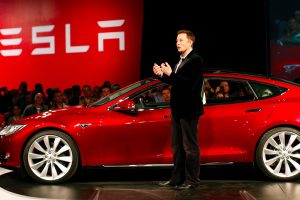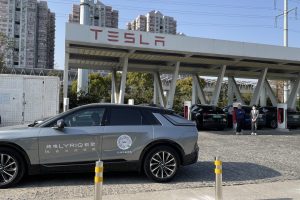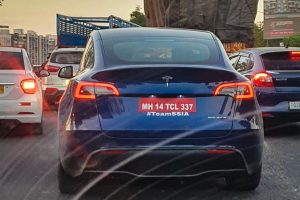Even as many markets around the world enter recession, electric vehicle sales had a record month in June.
CleanTechnica reported earlier today that EV sales spiked in June, showing once again that the car market has been unaffected by the recession in many parts of the world. The list of top-selling EVs and PHEVs is led by the Model Y and Model 3, a trend that is far from an isolated incident. The pair of Tesla mass-market vehicles were then followed by the Wuling Mini EV in third place.
The list of top-selling plugin vehicles shows some interesting trends worldwide. Foremost, while Tesla controlled the top 3 with the Model 3 and Model Y, the rest of the list was controlled by Chinese car makers such as BYD, Chery, and GAC. Other notable vehicles include the Volkswagen ID.4 in 8th place and the Hyundai IONIQ 5 in 20th.
June sales have many wondering why EVs and the car market generally have been so successful despite a general downturn in the world economy. In previous recession conditions and gas crises, automakers have not been so fortunate. The 73′ oil crisis, the 2008 recession, and even the COVID pandemic easily showed that the auto industry is quite vulnerable. What is different now?
There are a couple of possible factors. First of all, as seen on CleanTechnica‘s list, the Chinese market proves to still be red hot, at least in terms of plugin sales, which has provided many manufacturers with a market to supply. With gas vehicles and their infrastructure not having the same “heritage” that they have in much of the western world, EVs, in particular, have faced less resistance in China. China’s growing middle class has also fueled this car market.
Simultaneously, the west has ideal conditions for EV sales to grow. Fuel prices remain high, and for those who can afford them, electric vehicles offer an easy escape from those prices. Vehicle supply has also returned as manufacturers once again produce post-pandemic, allowing those who were waiting for new vehicles to once again buy. Unemployment in many countries has remained low despite the economic downturn, meaning that while prices for goods are high and demand for many luxury items is very low, many still have a wage of some kind to keep them above water. All the while, sentiment about EVs continues to improve, according to polls.
Finally, governments around the world have been actively subsidizing both electric vehicles and their charging infrastructure, making them easier and cheaper to own than ever before.
Recent car market reports all state that the market will likely continue to boom, and anyone hoping that the recession currently occurring will allow for deals on consumers’ favorite cars shouldn’t hold their breath.





